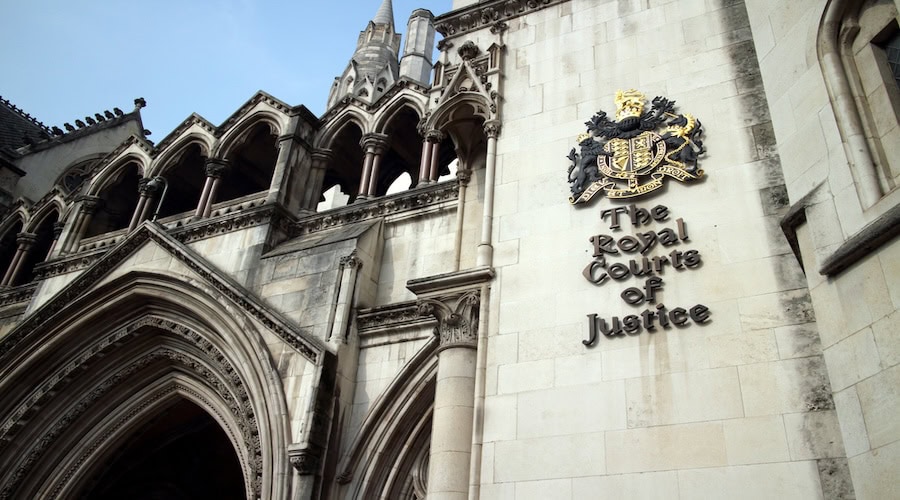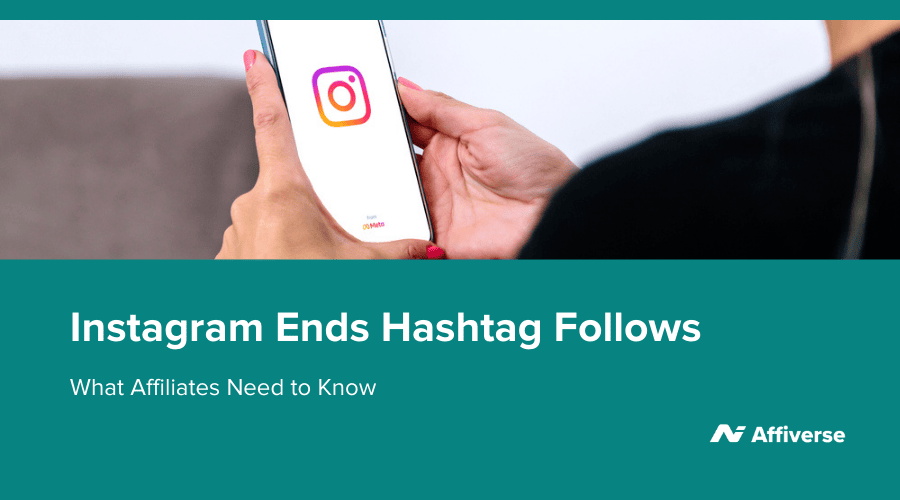The recent High Court dismissal of a £1.48 million claim against Betfair marks an important legal moment for the iGaming industry. While the case centred on player losses and operator liability, it has significant implications for affiliate partnerships.
With affiliates playing a crucial role in driving traffic to operators, this ruling raises questions about shared responsibilities, compliance, and the evolving regulatory landscape.
Let’s unpack the case and its potential impact on affiliate marketing in the iGaming space.
The Betfair Case: A Quick Recap
The case involved a customer who sued Betfair for losses totalling £1.48 million, arguing that the operator failed to intervene or provide adequate protection as a “vulnerable” individual. The High Court dismissed the claim, ruling that Betfair had met its regulatory obligations and that the player was responsible for their own gambling activity.
This decision reaffirmed that operators must adhere to strict compliance standards, but they are not liable for every aspect of customer behaviour. While this ruling is a relief for operators, it also highlights the importance of transparency and responsibility across the entire iGaming ecosystem—including affiliate partners.
Affiliates and Their Role in Responsible Gambling
Affiliate partners are a key component of the iGaming industry, responsible for driving significant traffic and conversions to operator platforms. However, as regulatory scrutiny increases, affiliates are increasingly being held to higher standards. This case highlights three key areas where affiliates must adapt to ensure they align with both operator and regulatory expectations:
1. Shared Responsibility for Compliance
Operators like Betfair are required to follow strict rules around responsible gambling, and these obligations extend to their affiliates. Affiliates must now go beyond simply driving traffic—they need to ensure that their promotional strategies comply with responsible gambling standards.
For example:
- Avoiding misleading claims or promotions that may encourage excessive gambling.
- Clearly communicating terms and conditions for offers.
- Promoting self-exclusion tools and safer gambling resources.
Affiliates that fail to meet these standards risk damaging their relationships with operators. Some regulators, like the UK Gambling Commission, have already penalised operators for affiliate behaviour. This means operators will increasingly demand compliance assurances from their affiliate partners.
2. Transparent Player Acquisition
The court’s decision reinforces the importance of responsible marketing practices. Affiliates that prioritise short-term gains over sustainable practices, such as targeting vulnerable customers or misrepresenting offers, may face long-term consequences.
Operators are likely to demand greater transparency from affiliates regarding how traffic is generated. This could include:
- Disclosures about paid advertising campaigns.
- Proof that content aligns with responsible gambling standards.
- Data showing that referred players are properly informed about risks.
Affiliates with a track record of transparency will strengthen their position in the market and solidify relationships with operators.
3. Stricter Monitoring of Affiliate Activities
The Betfair case underscores how important it is for operators to demonstrate compliance. To avoid liability for the actions of affiliates, operators may introduce stricter monitoring and auditing processes. Affiliates should be prepared for:
- Regular compliance checks.
- Stricter contractual agreements covering advertising standards.
- Potential penalties for non-compliance, including termination of partnerships.
This added scrutiny is not only a protective measure for operators but also a signal to regulators that affiliates are held to the same high standards.
Opportunities for Forward-Thinking Affiliates
While increased compliance expectations may seem burdensome, they also present opportunities for affiliates to differentiate themselves. Those who embrace responsible gambling and demonstrate a commitment to ethical marketing can gain a competitive edge.
Some practical steps affiliates can take include:
- Promoting responsible gambling tools: Highlight self-exclusion options, deposit limits, and links to support organisations like GamCare and GambleAware.
- Investing in compliance training: Educate teams on gambling regulations and advertising guidelines to ensure all campaigns meet industry standards.
- Building trust with operators: Develop open communication channels with operator partners, sharing campaign data and demonstrating accountability.
These proactive measures not only enhance affiliate reputations but also attract partnerships with top-tier operators who value compliance.
How This Affects Affiliate Earnings
Compliance is no longer just a checkbox for affiliates—it’s directly tied to revenue. Operators are more likely to prioritise partnerships with affiliates who align with their values and meet regulatory demands. Affiliates that fail to adapt may face:
- Reduced commission rates or the loss of revenue-share models.
- Termination of agreements with top operators.
- Difficulty securing new partnerships in a highly competitive market.
On the flip side, affiliates who excel in compliance may gain access to exclusive deals, higher commissions, and long-term revenue stability.
The Bigger Picture: A Changing Industry
The iGaming industry is under increasing pressure to promote safer gambling practices. This case is a reminder that operators and affiliates must work together to maintain high standards. While the dismissal of the Betfair claim shifts the focus back to personal responsibility for players, it also reinforces the need for the entire ecosystem to function ethically.
For affiliates, this means stepping up and taking a more active role in ensuring that their campaigns and messaging meet the expectations of regulators, operators, and, most importantly, players.
Final Thoughts
The Betfair case has sent a clear signal: compliance is critical, and responsibility is shared across the iGaming chain. Affiliates have a unique opportunity to align themselves with responsible gambling efforts, not only to protect their partnerships but also to secure their place in a more sustainable industry.
By focusing on transparency, accountability, and player protection, affiliates can turn these challenges into opportunities for growth.






















